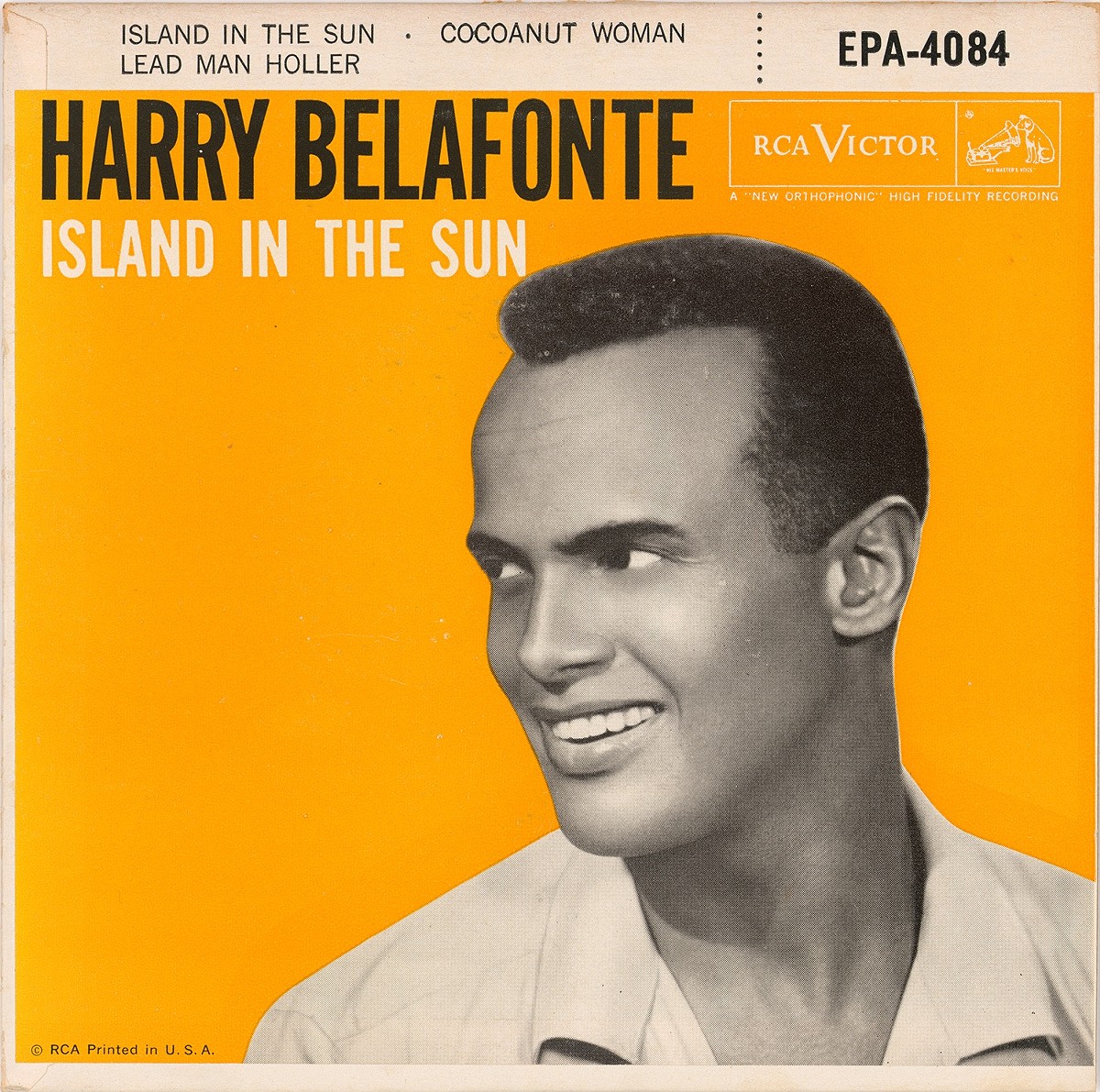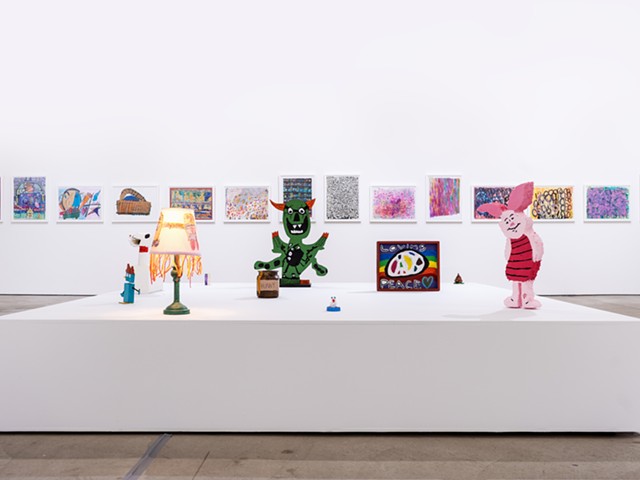A new exhibit at the Detroit Institute of Arts is highlighting old-school African American films.
Regeneration: Black Cinema 1898-1971 will open at the DIA on February 4, exploring work by African American actors and directors in early Hollywood. It includes nearly 200 historical film posters, costumes, props, and photos alongside excerpts of rare films that amplify African American contributions from Hollywood’s infancy to the years following the Civil Rights Movement.
The 1898 short film Something Good — Negro Kiss, the earliest known on-screen depiction of Black intimacy, is also on view as part of the exhibit. Other highlights include home movie excerpts from the likes of Josephine Baker and the Nicholas Brothers and excerpts of films featuring Louis Armstrong, Dorothy Dandridge, Ossie Davis, Ruby Dee, Sidney Poitier, Paul Robeson, Cicely Tyson, and many others.
The exhibit spans nine gallery spaces spotlighting the evolution of Black depictions from nuanced secondary roles to mainstream showcases. It runs from February 4 until June 23.
Regeneration: Black Cinema 1898-1971 was originally organized by the Academy Museum of Motion Pictures and this activation will include a film series in partnership with the Detroit Film Theatre.
The Detroit Film Theatre series included films like Within Our Gates (1920), The Flying Ace (1926), Harlem on the Prairie (1937), and Eleven P.M., which was filmed in Detroit in 1928.
“This critically important presentation chronicles much of what we know on-screen but shares so much more of what happened off-screen,” said Elliot Wilhelm, the DIA’s curator of film. “Our community will learn how each generation of these pioneering actors and filmmakers paved the way for the following generation to succeed, and how they served as symbols and advocates for social justice in and beyond Hollywood. The museum’s beautiful Detroit Film Theatre will help share this history further with a wide-ranging film series that ties together the exhibition and Detroit’s own cinema history.”
For more info, see dia.org.
Subscribe to Metro Times newsletters.
Follow us: Google News | NewsBreak | Reddit | Instagram | Facebook | Twitter







